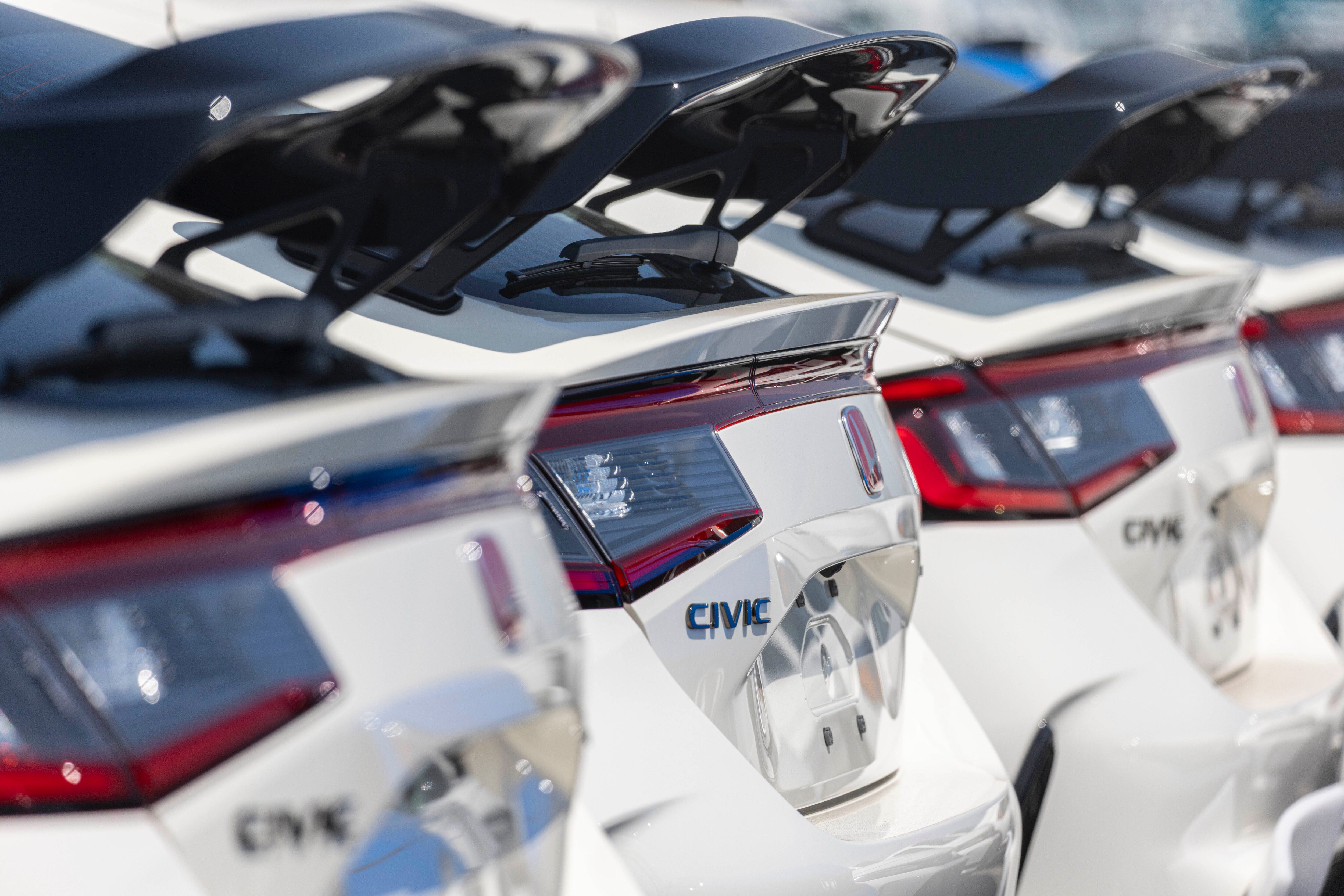
Stanislav Kogiku/SOPA Images/LightRocket via Getty Images
- Carmakers are bracing for impact after the Trump administration gutted EV subsidies in the US.
- Ford, Porsche, and Stellantis have all made strategy shifts, with Jeep and Ram scrapping new electric models.
- Honda is the latest automaker to tap the brakes, ending production of the US-only Acura EV.
Automakers are pulling back from EVs as the electric revolution stalls.
Electric vehicle sales are expected to hit a record in the US this year, but the Trump administration’s gutting of EV subsidies has left analysts predicting that adoption will slow over the next few years.
With the $7,500 tax credit for new, American-made electric vehicles ending on September 30, carmakers are bracing for impact.
Tesla CEO Elon Musk warned investors in July that the EV giant could face “a few rough quarters” as it grapples with the end of incentives.
Other automakers are tweaking their EV strategies — and even rolling them back entirely — as they navigate a brave new world.
Honda
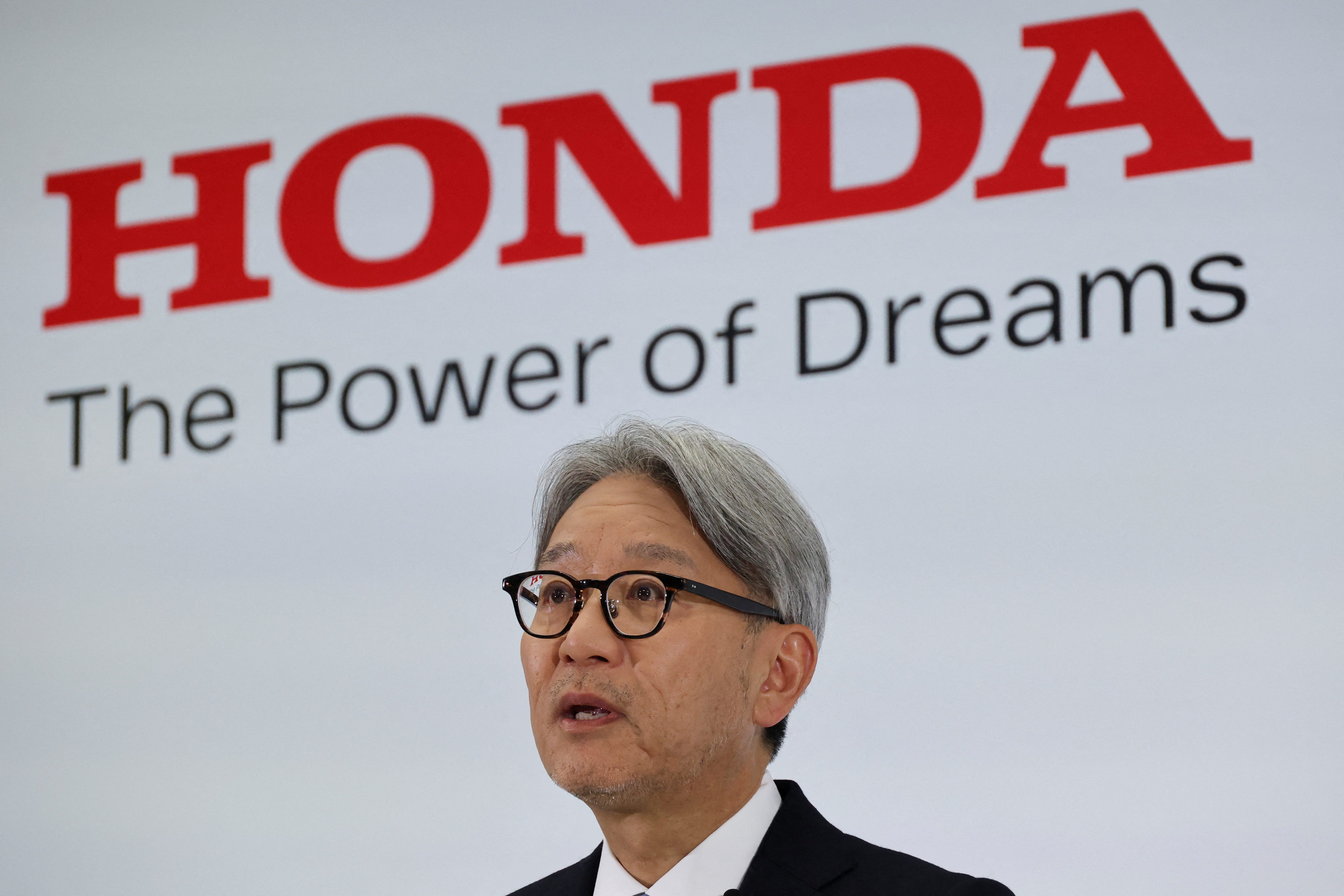
Kim Kyung-Hoon/REUTERS
After unveiling plans to cut $20 billion in EV investment and go all-in on hybrids in May, Honda said it would end production of the US-only Acura ZDX.
A spokesperson for the Japanese automaker confirmed on September 24 that production of the electric crossover, which was built by General Motors at its plant in Tennessee, was being scrapped due to “market conditions.”
Jeep
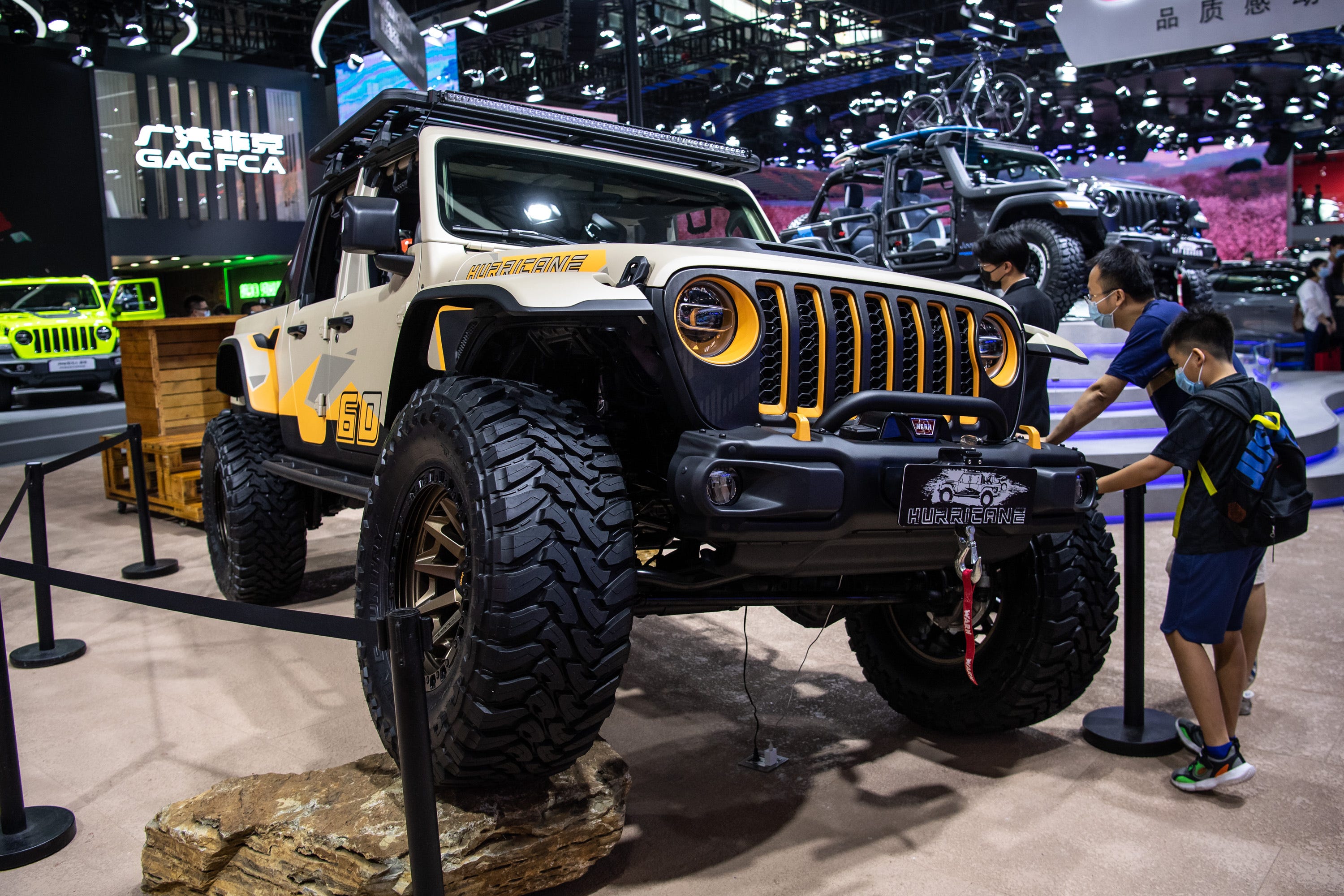
Stringer/Anadolu Agency via Getty Images
Jeep announced last year that it would introduce a plug-in hybrid version of its Gladiator pickup truck by the end of 2025.
However, in September, the Jeep Gladiator 4xe became the latest EV model on the chopping block.
A spokesperson for the brand, which is owned by European conglomerate Stellantis, told TechCrunch that Jeep no longer planned to include an electrified Gladiator in its product lineup after “reassessing its product strategy.” Jeep cited changing customer preferences as the reason for the shift.
Ram
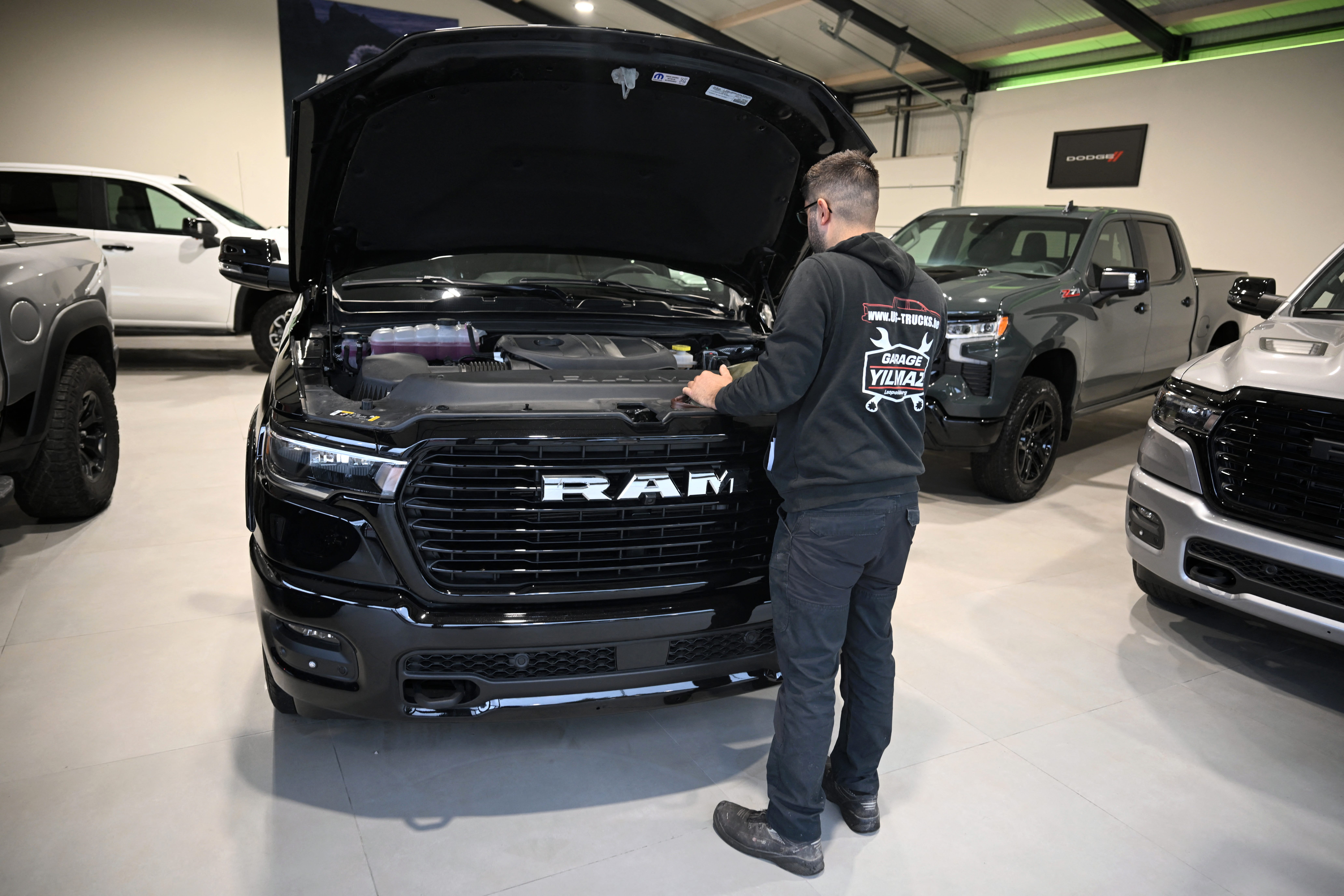
NICOLAS TUCAT/AFP via Getty Images
Another Stellantis brand, US-based truck maker Ram, announced its own EV shift earlier in September.
The company said it would discontinue production of the REV 1500, a full-sized electric pickup truck that Ram had positioned as a challenger to Ford’s F-150 Lightning. Ram said the decision was in response to slowing demand for EV trucks in North America.
Porsche
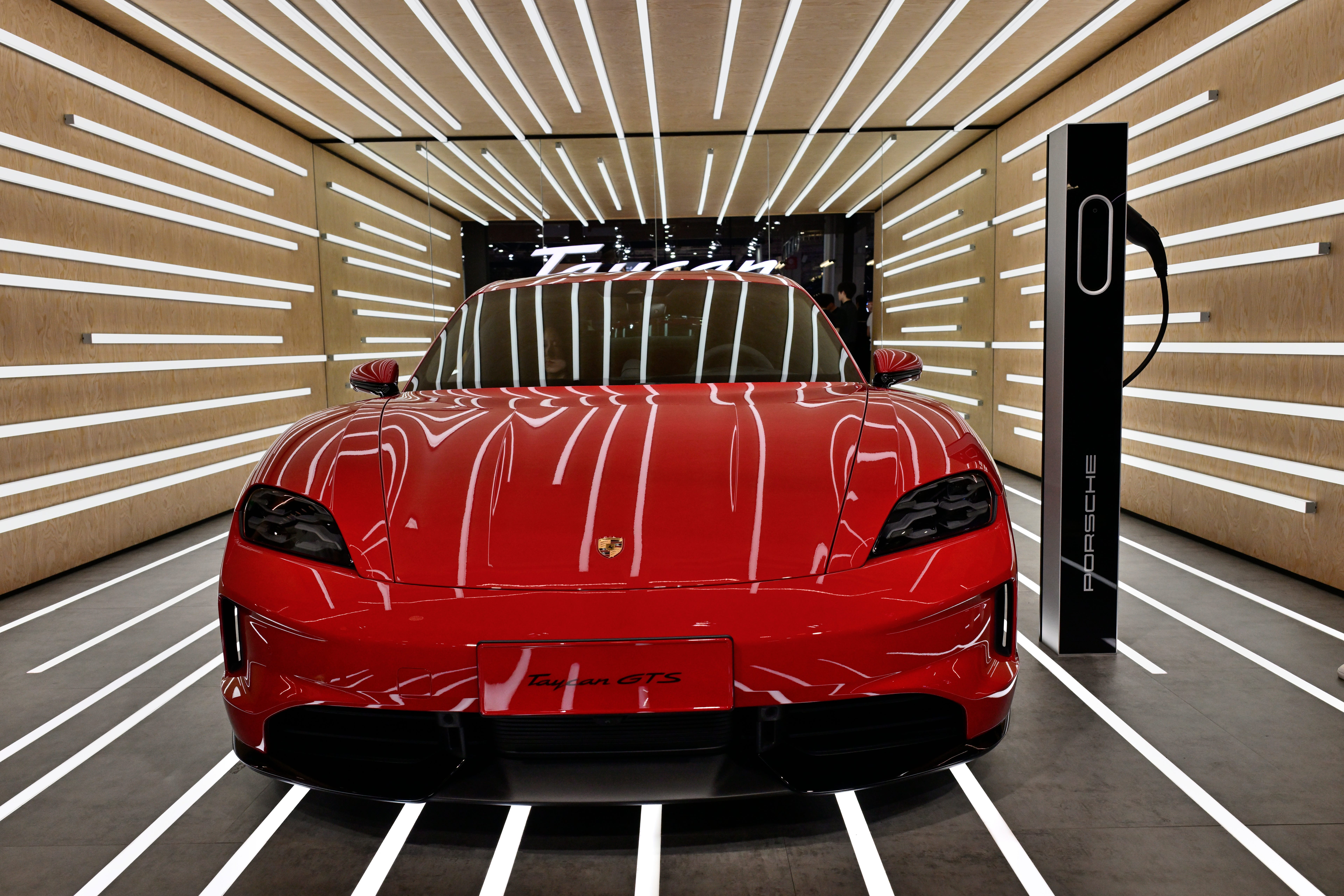
Yan Minglei/VCG via Getty Images
Porsche had bet heavily on luxury EVs, but the German carmaker announced it would shelve plans to build an electrified SUV and pivot back to gasoline-powered and hybrid models.
The German carmaker, which has faced falling sales in EV-friendly China, said it would take a €1.8 billion ($2.2 billion) hit over the strategy shift, sparking a record share price plunge.
Bentley
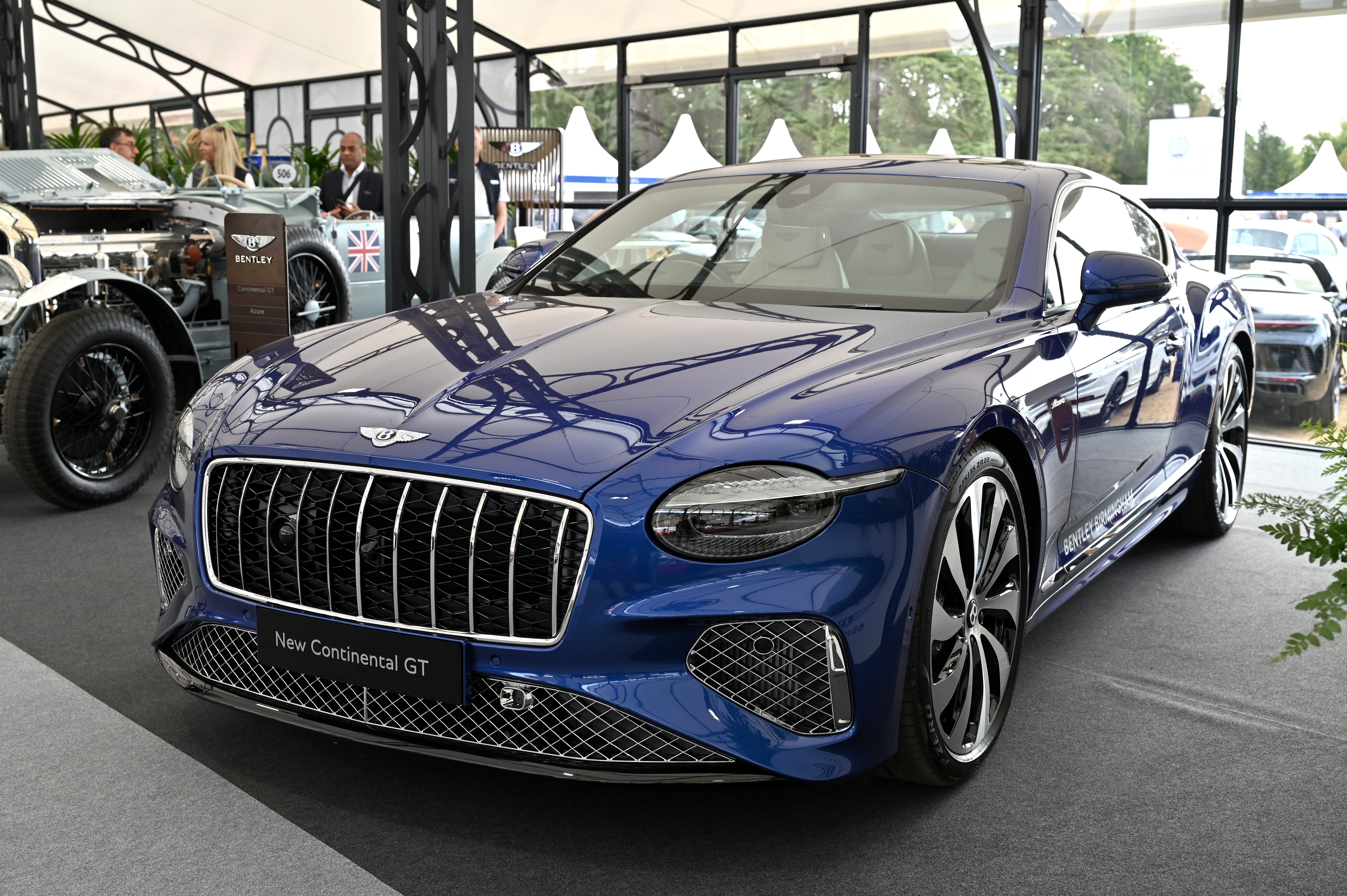
John Keeble/Getty Images
British brand Bentley, known for its ultra-classy luxury motors, has also walked back plans to stop selling combustion-engine vehicles completely by 2035,
CEO Frank-Steffen Walliser told Autocar on September 22 that Bentley was now planning to build new gasoline versions of its most popular models, rather than just offering them as hybrids or EVs.
Ford
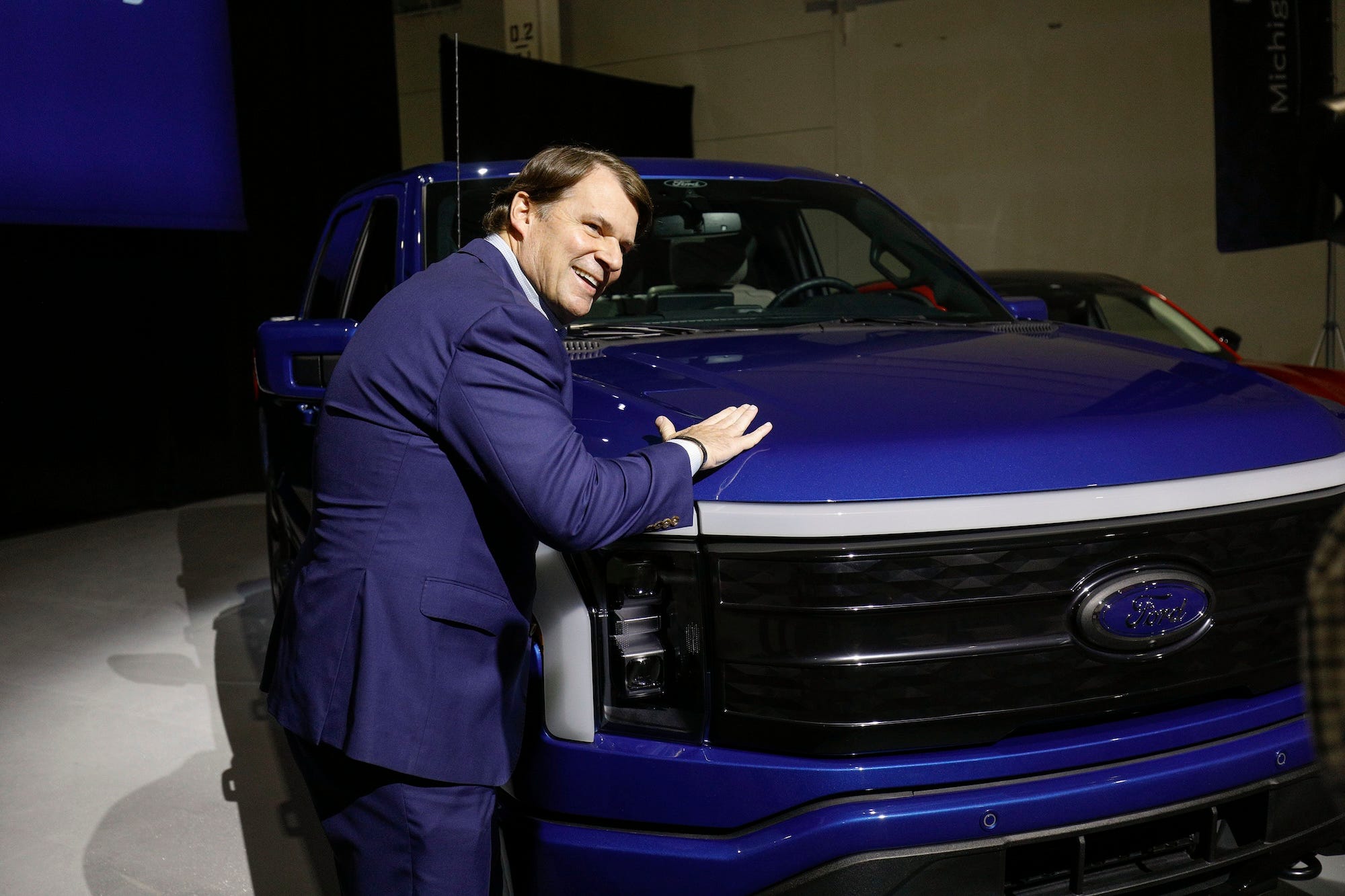
Bill Pugliano/Getty Images
Ford confirmed in August that it had pushed back the launch of its new full-size electric pickup truck, known internally as “Project T3,” and a new commercial van to 2028.
The Detroit giant has lost billions attempting to compete with Tesla on EVs and is now betting on smaller, more affordable electric models developed by a “skunkworks” team based in California.
CEO Jim Farley announced in August that the first of these models, a $30,000 midsize electric truck, will roll out in 2027.
Read the original article on Business Insider
The post Automakers are tapping the brakes on the EV revolution. Here are all the manufacturers rolling back their plans. appeared first on Business Insider.




